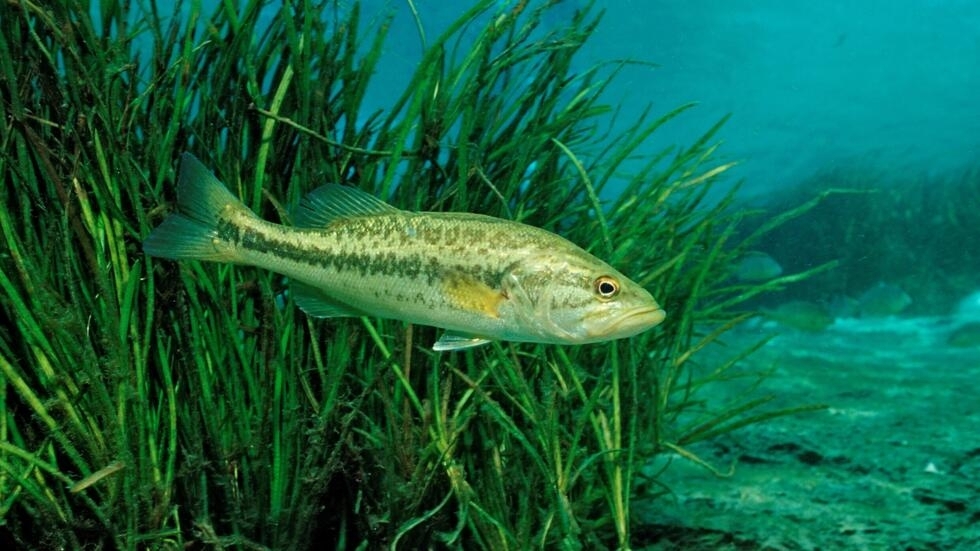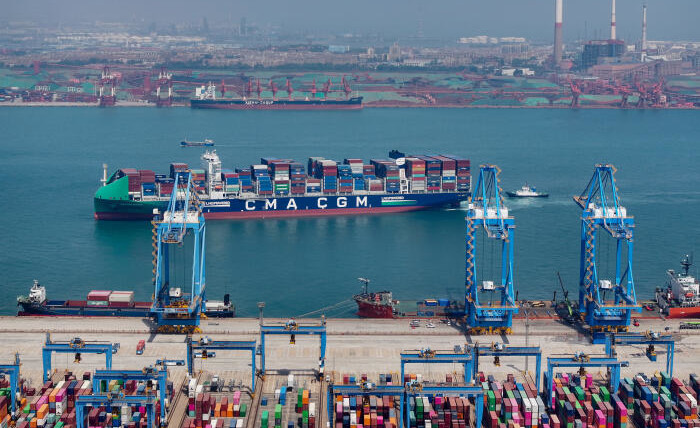The collapse of biodiversity seems limitless. Six of the nine planetary limits, defined in 2009 to designate the critical thresholds beyond which life on Earth is in danger (climate change, pollution, biodiversity, etc.), have already been reached. Ocean acidification is expected to soon become the seventh limit exceeded, with significant impacts on marine organisms.
Ocean acidification is a complex and potentially deadly chemical reaction. When the oceans absorb too much CO2, the waters become more acidic. In two centuries, since the industrial revolution, the pH of the ocean has decreased by 30%, even if we are still far from having reached acidic water (when the pH is greater than or equal to 7). This phenomenon, aggravated by rising temperatures, is causing a real upheaval for marine biodiversity. “Animals are known to function according to a pH scale,” explains José Zambonino, research director at Ifremer (French Research Institute for exploitation of the sea). As soon as we move too far from this scale, the animal, from a metabolic point of view, will be obliged to make greater efforts than it would under normal conditions, in order to be able to live, feed, possibly move, reproduce…”
The example of the bar
Calcareous animals are the most vulnerable: corals, molluscs or plankton at the base of the food chain. But fish are not spared, as evidenced by a study carried out at Ifremer on sea bass. A long tank experiment was carried out on bass for four and a half years, from hatching to sexual maturity. The point at which the animal was able to reproduce occurred a month earlier in more acidic water. “It doesn’t seem like anything at all, except that this is, for a fish living in a temperate zone, a phenomenon that occurs in winter. Hatching a month before, for larvae, simply means arriving at a time when there are much fewer things to eat,” explains José Zambonino. Result, greater mortality for these larvae.
Another phenomenon observed in this Ifremer study on the impact of ocean acidification on sea bass: the fish becomes more vulnerable to predators. “This larger CO2 which dissolves in seawater also dissolves in the blood of the fish,” explains José Zambonino. This will particularly disrupt his neurosensory abilities. You will therefore have an animal which, instead of being fearful as it should be in an environment where there are many predators, will lose this fear and will find itself more exposed. »The bar is under threat. And what is no longer in the sea will no longer be on our plate either.




